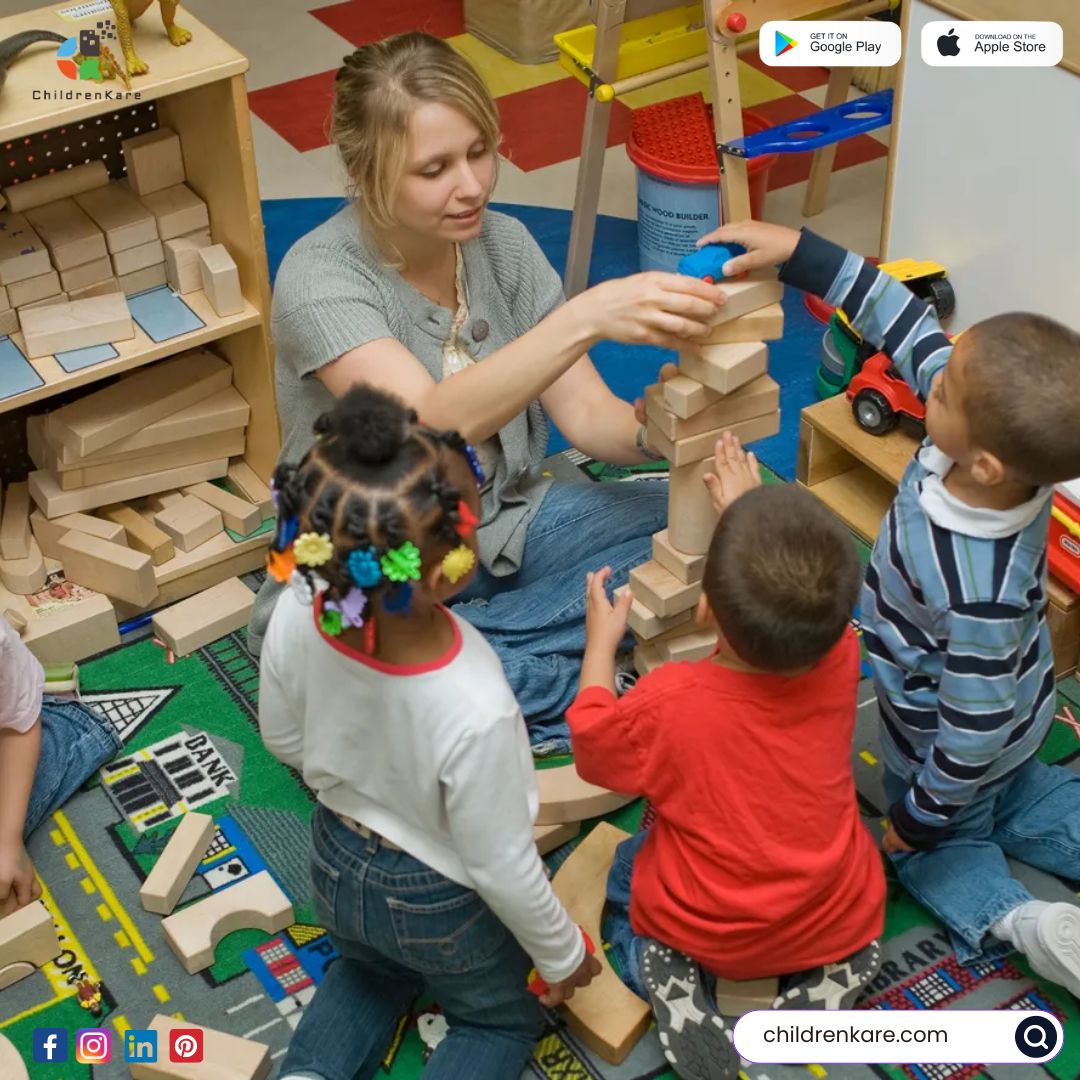Child development is a fascinating journey marked by significant milestones and stages that shape the individual’s growth physically, cognitively, and emotionally. From the moment of conception to adolescence, children undergo remarkable transformations in Daycares in denver, and each phase contributes to their overall development. Understanding these key milestones and stages is crucial for parents, caregivers, educators, and healthcare professionals to provide adequate support and nurture a child’s potential.
Child development refers to the biological, psychological, and emotional changes that occur from infancy through adolescence. It encompasses various domains, including physical, cognitive, language, emotional, and social development. The study of child development helps us comprehend how children grow, learn, and adapt to their environment.
Toddlerhood
During toddlerhood, children experience significant advancements in both gross and fine motor skills, mastering activities like walking, running, climbing, and scribbling. This period also witnesses a surge in language acquisition as toddlers rapidly expand their vocabulary and start forming basic sentences. Socially, they engage in more interactive play with peers, honing essential skills such as sharing and taking turns. For parents seeking the best daycares in denver, it’s crucial to find environments that foster these developmental milestones while providing a nurturing and safe space for their children to explore and grow.
Early Childhood
In Daycares in Denver, CO, children engage in imaginative play, which helps them develop creativity and problem-solving skills. They also begin to regulate their emotions and develop empathy towards others, laying the groundwork for social competence and emotional intelligence. Additionally, this stage is crucial for the formation of self-concept and self-esteem as children start to compare themselves to peers and internalize feedback from caregivers.

Middle Childhood
During middle childhood, children expand their cognitive abilities through formal education, mastering concepts in various subjects and developing critical thinking skills. Socially, they navigate more complex peer relationships and begin to understand societal norms and expectations. This period also lays the foundation for moral development as children start to distinguish between right and wrong, guided by both internal principles and external influences such as family and community values.
Adolescence
In adolescence, individuals experience rapid physical changes driven by hormonal shifts, which impact mood, behavior, and self-perception. Cognitive development continues as adolescents refine their decision-making skills and develop a sense of identity, exploring their values, beliefs, and aspirations. Socially, they seek independence from family while forming deeper connections with peers and engaging in romantic relationships. This stage is characterized by both excitement and challenges as adolescents navigate the complexities of identity formation and peer pressure while preparing for adulthood.
Factors Influencing Child Development
Several factors influence child development, including genetics, prenatal environment, nutrition, socioeconomic status, family dynamics, and cultural influences. Positive experiences and supportive relationships foster healthy development, whereas adverse conditions can impede growth and well-being.
Importance of Monitoring Development
Monitoring a child’s development is essential for early intervention and support. Recognizing developmental delays or challenges allows for timely interventions, such as therapy or educational interventions, to address specific needs and maximize potential.
Conclusion
Understanding child development is paramount for promoting optimal growth and well-being in children. By recognizing key milestones and stages, caregivers and professionals can offer tailored support to nurture each child’s unique abilities and potential, fostering a strong foundation for their future success. Investing in children’s development not only benefits the individual child but also contributes to the overall well-being of society. Platforms like ChildrenKare provide invaluable assistance to parents, helping them find the top daycares in USA for their kids and ensuring they receive quality care and support during their formative years.


Leave a Reply